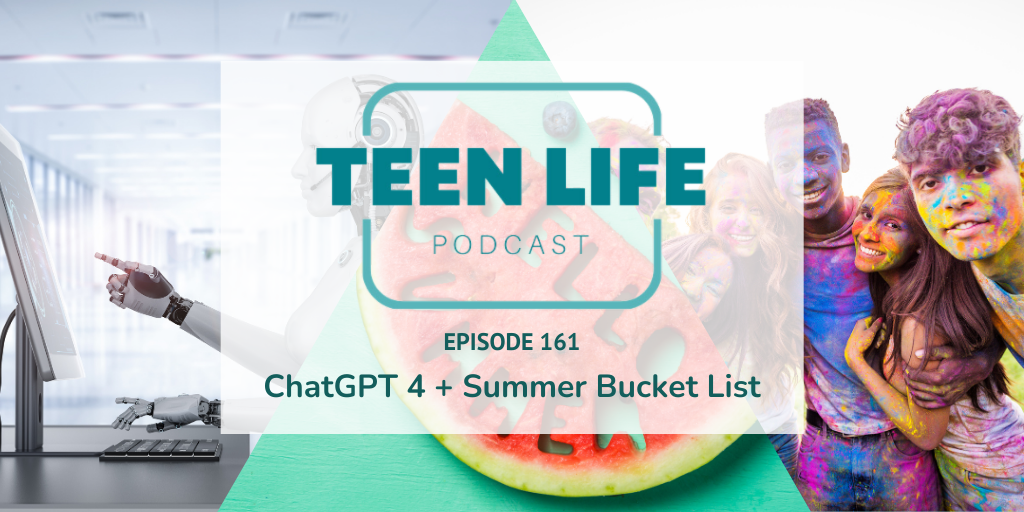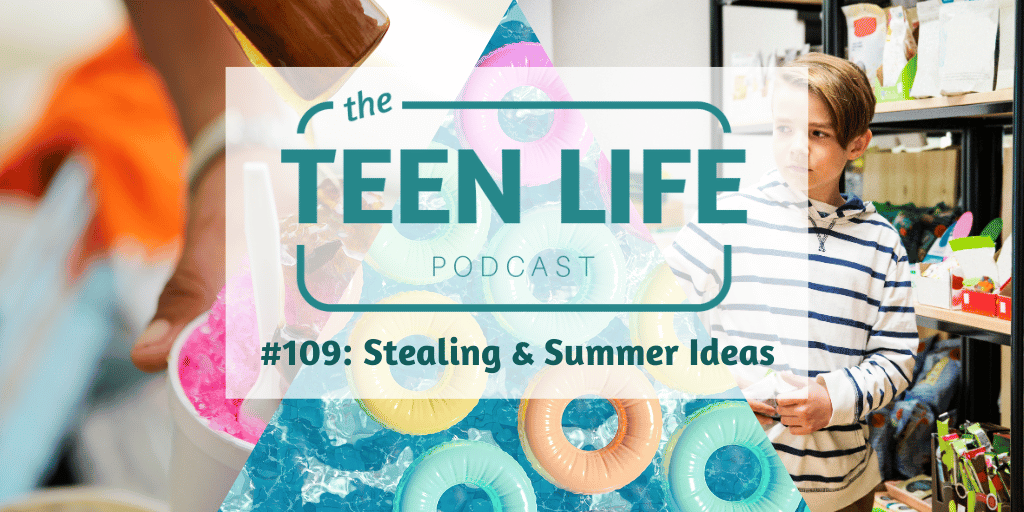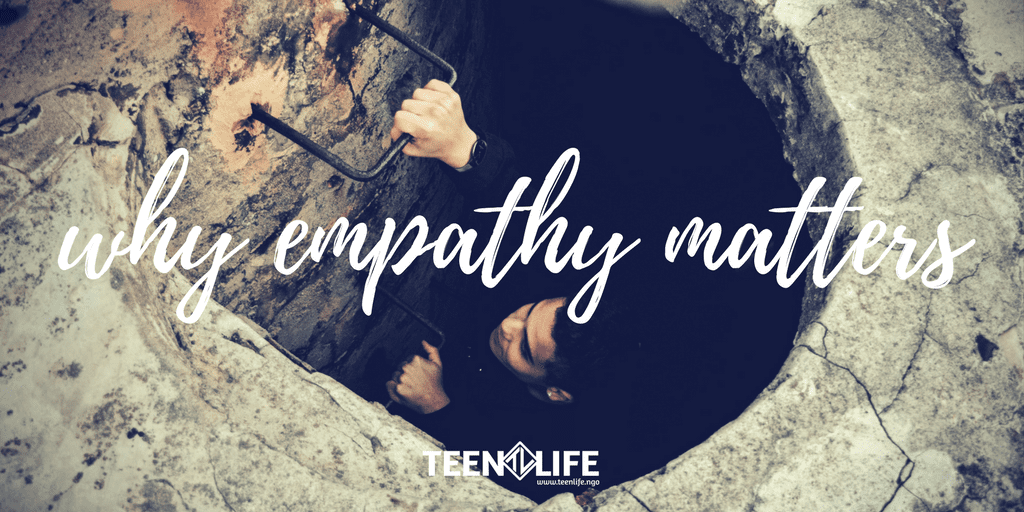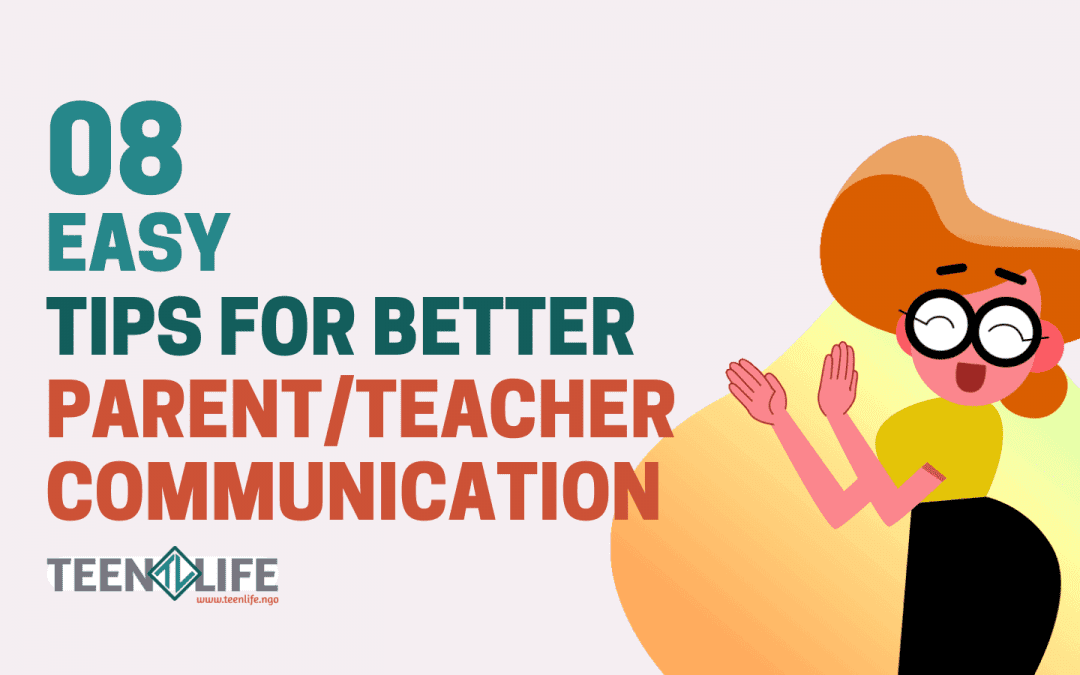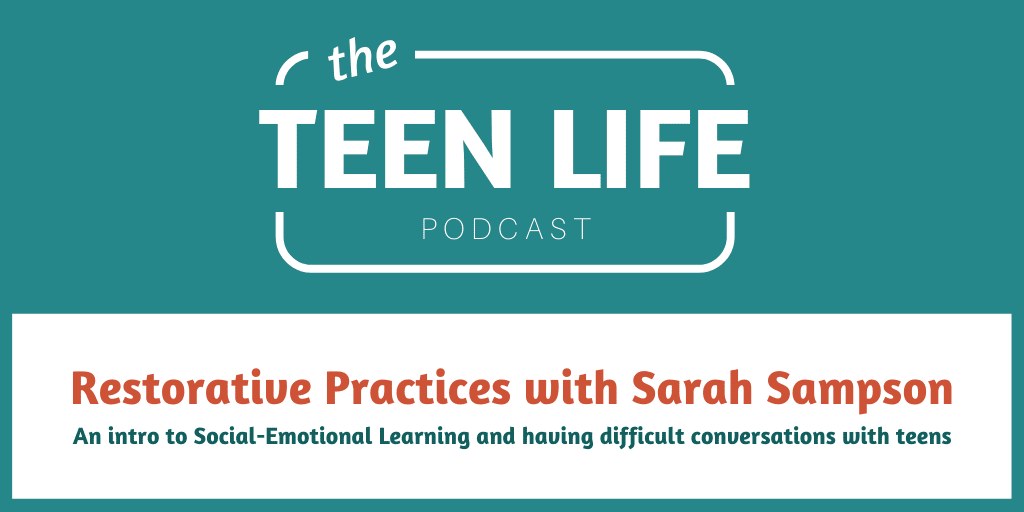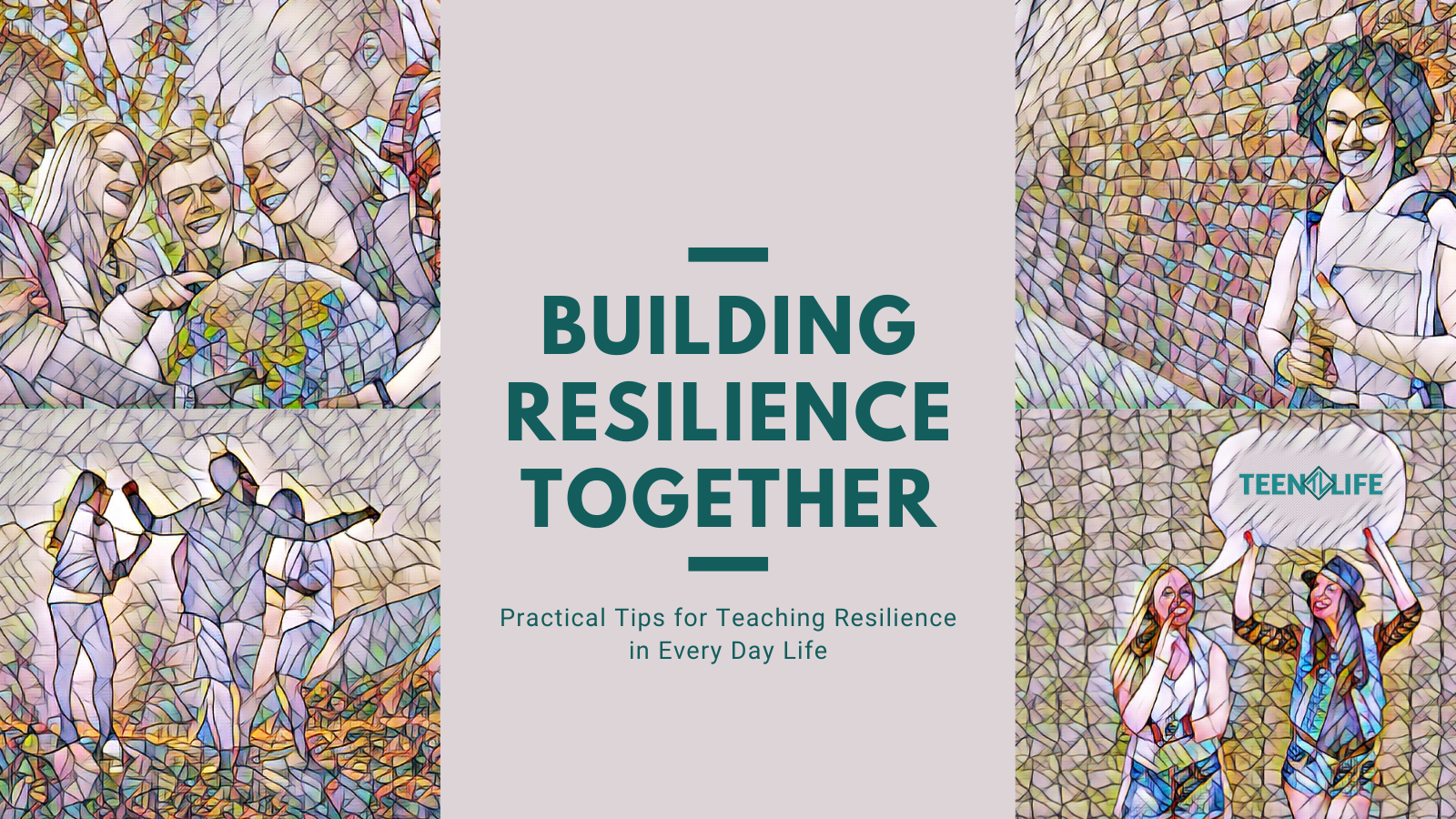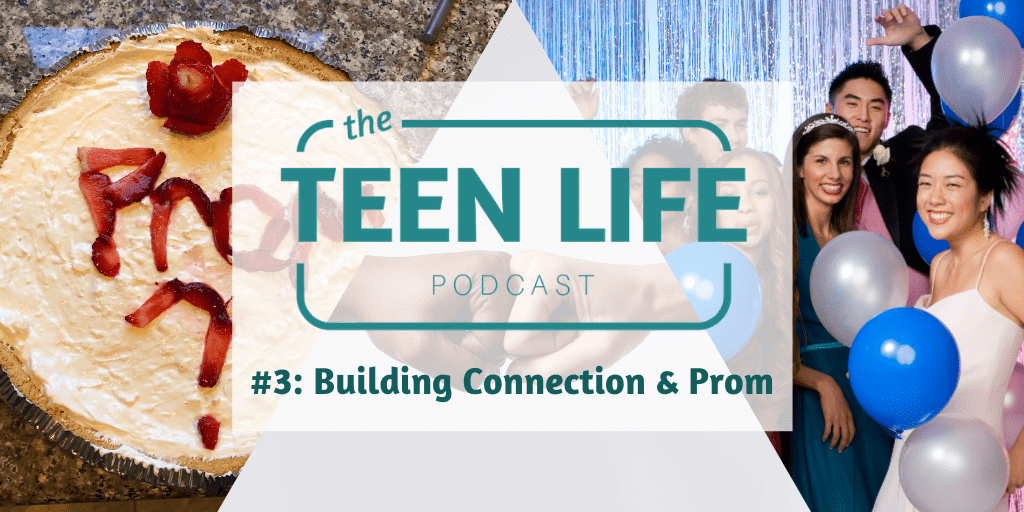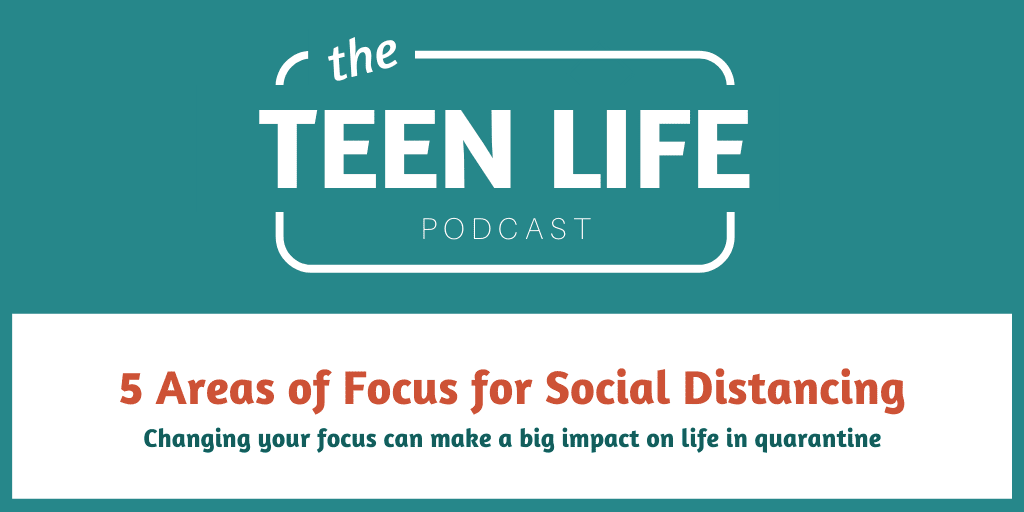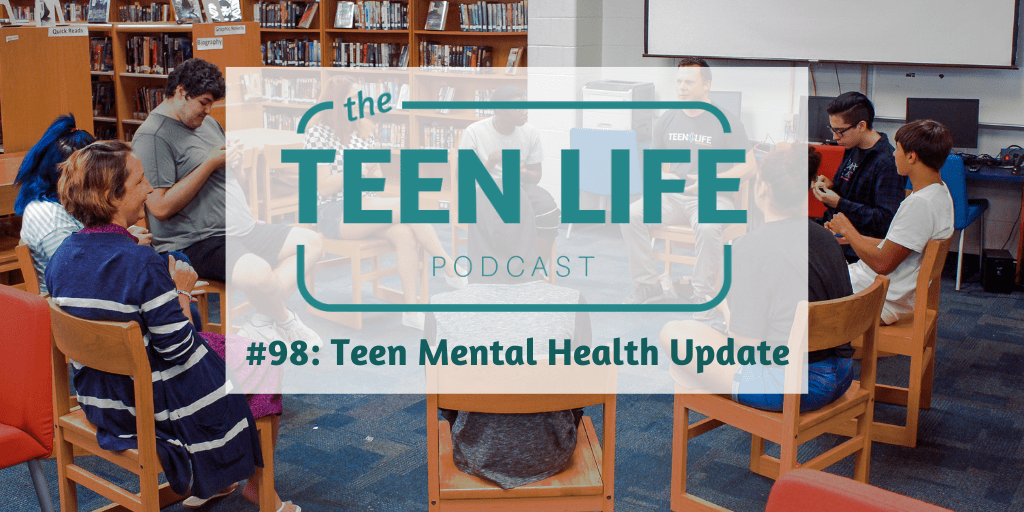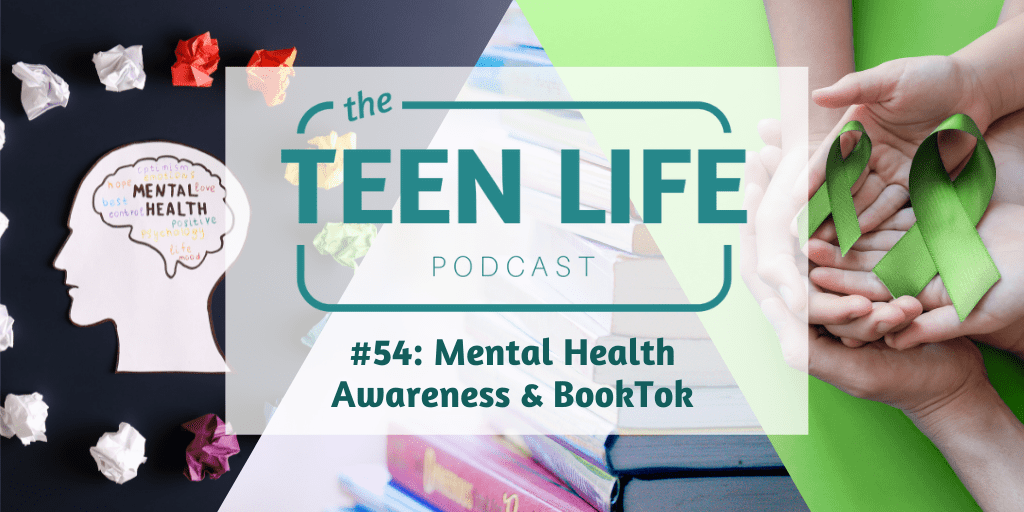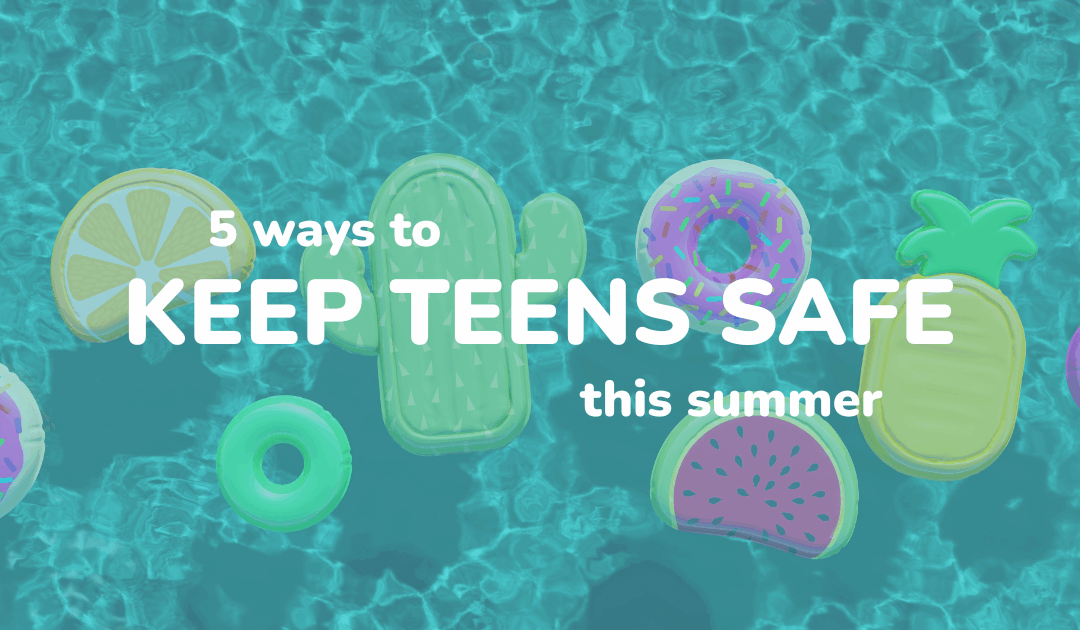
5 Ways to Keep Teens Safe This Summer
Helping Keep Teens Safe This Summer: Boundaries That Build Trust
As a teenager, there are few things greater than Summer Break – no school, sleeping in, more time with friends, days by the pool or at the lake, family vacations, snow cones, and a little more freedom.
But here’s the thing: with all that freedom often comes…fewer boundaries.
While summer brings a break from school schedules, it can also lead to relaxed expectations and fewer boundaries. We get it—teens crave independence, and honestly, they deserve the chance to spread their wings. And as someone who works with students during the school year, let me gently remind you: to keep teens safe, they still need your guidance, even in the midst of all the fun.
In fact, summer might just be the most important time for trusted adults to lean in even more. Not to restrict them, but to help guide them—because deep down, teens want to know someone’s in their corner, paying attention, and helping them make wise decisions.
5 Ways to Help Keep Teens Safe, Empowered, and Connected This Summer
Know Where They Are—But Make It About Trust, Not Control
I’m not saying you have to constantly be tracking their location, but you can build a habit of simple check-ins. Set a family standard where your teen calls or texts before changing plans. It’s a quick way to keep everyone on the same page, and it encourages teens to think through their actions and communicate their choices.
Headed to a friend’s house? Great! Grabbing a Sonic drink? Love it! On the way home? Awesome—see you soon.
The goal here isn’t surveillance—it’s connection. When your teen shares where they’re going and what they’re doing, it opens up opportunities for real conversations:
“Who were you with?” “What made you laugh the most?” “What was the highlight of your day?”
These moments build trust and show that you care, not just about their safety, but about them.
Agree on a Curfew and Stick to it.
Curfews get a bad rap, but hear us out: they actually help teens feel secure, even when they pretend they hate them. So don’t toss the curfew out altogether just because school’s out! Whether it’s 10 PM or midnight, your curfew is a clear message: “I’m thinking ahead for you, and I want you to come home safe.”
Most importantly, talk about curfew before it becomes an issue. If your teen walks in at 2 AM and you’ve never had the curfew conversation, that’s on you—not them. Clear expectations create fewer surprises (and fewer arguments!).
And when plans change last-minute? Trust your gut. Not every home has the same standards, and it’s okay to say “no” to a sleepover that wasn’t pre-planned. Saying, “Come on home,” is one way you show your teen that their well-being comes first. Teens are smart—they’ll remember which adults stayed steady and showed up with care.
Have a Built-In Accountability Plan
This doesn’t have to be a formal contract. But having a simple routine that keeps everyone honest? That’s gold.
One family we know had a rule: every teen had to wake their parent up with a hug or a kiss when they got home—no exceptions. At the time, the teen thought it was just sweet (or maybe annoying). Later? They realized it was accountability in disguise.
You don’t have to copy that exact rule, but find one that works for your family. Whether it’s a quick chat when they walk in, a lights-on check-in, or just a “text me when you’re home”. The point isn’t to catch them doing something wrong—it’s to keep the door open for connection and honesty. Accountability is a signal: you matter, and I’m here.
Keep the Conversation Going
Boundaries are great. But connection? That’s the real superpower.
If you want to keep your teen safe, the best thing you can do is know them. Like, really know them. Know their friends. What they’re watching. What’s stressing them out. What’s lighting them up.
If that kind of relationship feels far off right now, that’s okay. It’s never too late to lean in. Start small. Ask good questions. Stay curious. Be present.
Need a place to start? Check out our podcast episode on building trust and connection with Brenda McAdoo. You’ve got this!
Be the “Cool House” (With a Side of Structure)
Worried about what might happen at someone else’s house? Make your house the place to be.
You don’t have to install a slushie machine or buy out the snack aisle (though no one’s stopping you). Just be the house that welcomes teens in and sets the tone. Host movie nights. Set up a fire pit. Get out the crazy, loud board games. Perfect an easy dessert (Brookies are always a hit – check out the recipe below).
Create a space where teens can be themselves—and where they know they’re safe, seen, and loved. Don’t shy away from setting rules or expectations. They’ll respect you more for it, even if they pretend otherwise.
Don’t just manage chaos this summer…stay engaged and connected!
You’re helping shape a teen’s sense of identity, worth, and belonging. Boundaries don’t push teens away—they pull them closer when done right.
They’re listening—even when it seems like they’re not.
And hey, if you’ve got other summer survival tips or stories, we’d love to hear them! Drop a comment or reach out—we’re in this together.
Have the best (and safest) summer ever!
Karlie’s Brookie Recipe
🍪 Prep Time: 10 mins
⏲ Bake Time: 40 mins
🍫 Servings: 24 bars
Ingredients:
-
1 (16 oz) package refrigerated chocolate chip cookie dough
(or your favorite homemade recipe — if you’re an overachiever!) -
24 Oreo cookies
-
1 box brownie mix (plus eggs/oil/water as called for on the box)
Directions:
-
Preheat your oven to 350°F
- Prep a 9×13 pan by lining it with parchment paper or lightly greasing it (or use a foil pan for less cleanup!)
-
Press the cookie dough evenly into the bottom of the pan. This is your delicious base layer!
-
Top with a single layer of Oreo cookies — about 24 should do the trick.
-
Mix the brownie batter according to the box instructions.
-
Pour the brownie batter evenly over the Oreos. Gently spread to cover.
-
Bake at 350°F for 40 minutes, or until a toothpick in the center comes out mostly clean.
-
Cool before slicing (if you can wait). Then cut, serve, and prepare to be asked to make them again and again!

Karlie Duke
Communications Director
Karlie Duke | Director of Communications
Karlie has always had a heart for teenagers. Through her role at Teen Life, she loves to showcase the amazing stories coming out of Support Groups, but she is especially passionate about helping adults and teenagers find connection. Karlie has a BS in Communications with a minor in Family Studies from Abilene Christian University.
